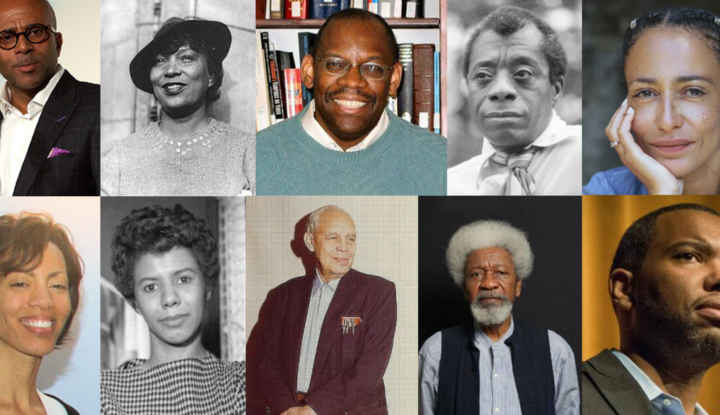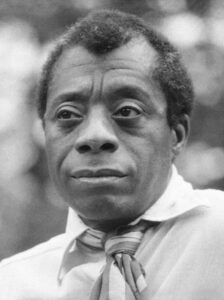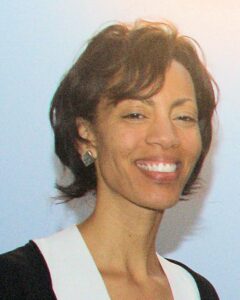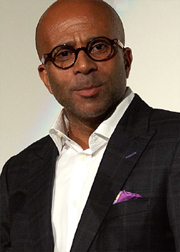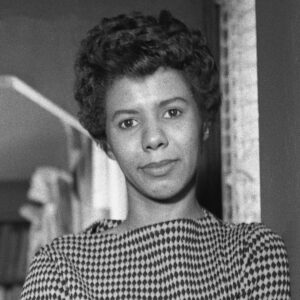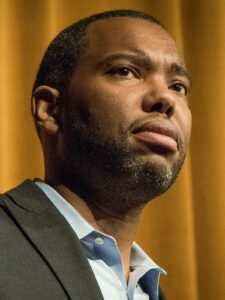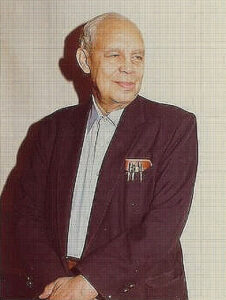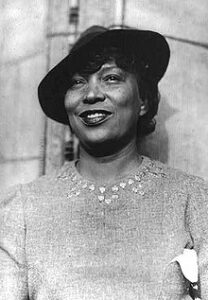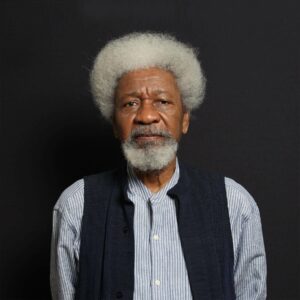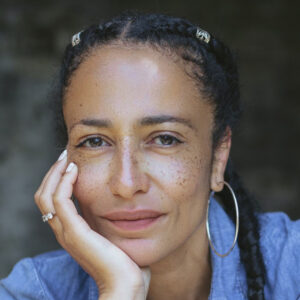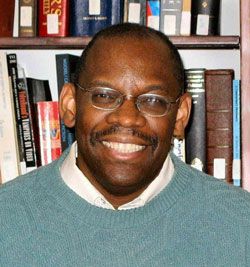To mark Black History Month, let’s celebrate 10 black humanists who’ve inspired and shaped the modern international humanist movement!
James Baldwin (1924-1987)
‘Words like freedom, justice, and democracy are not common concepts; on the contrary, they are rare… It takes enormous and, above all, individual effort to arrive at the respect for other people that these words imply.’
Novelist, playwright, essayist, poet, and activist, James Baldwin explored identity, race, and class. His first novel was Go Tell It on the Mountain in 1953 and first essay collection, Notes on a Native Son in 1955, Baldwin became a leading literary voice of the civil rights movement.
Sikivu Hutchinson (1969- )
‘Blackness is not just black straight men. There are gay men in this work doing amazing work. There are queer folks. There are trans folks. There are gay and lesbian folks, bisexual…. There are atheist black people.’
The humanism of American author, playwright, director, and musician Sikivu Hutchinson is characterised by a strong emphasis on social justice and a focus on the intersectionality of race, gender, and class. Her books include Humanists in the Hood: Unapologetically Black, Feminist, and Heretical (2020) and White Nights, Godless Americana: Race and Religious Rebels (2013). In 2020, she received Harvard’s Humanist of the Year award.
Anthony B. Pinn (1964- )
‘Once I could no longer find a way to theologically maintain God and hold onto the significance of my historical moment, letting go of God was natural.’
Anthony B. Pinn is an American professor working at the intersections of African-American religion, constructive theology, and humanist thought. He is Director of Research for the Institute for Humanist Studies in Washington. He is the author/editor of over 35 books, including When Colorblindness Isn’t the Answer: Humanism and the Challenge of Race (2017), his answer regarding the disconnect between humanist philosophy and humanism in action.
Lorraine Hansberry (1930-1965)
‘Children see things very well sometimes – and idealists even better.’
Playwright and writer, Lorraine Hansberry was one of the intellectual giants of the New York literary scene of the 1950s and 1960s. Her most famous play, A Raisin in the Sun, contains an extended reflection on how human achievements are often erroneously credited to religion.
Ta-Nehisi Coates (1975-)
‘The pursuit of knowing was freedom to me, the right to declare your own curiosities and follow them through all manner of books. I was made for the library, not the classroom. The classroom was a jail of other people’s interests. The library was open, unending, free. Slowly, I was discovering myself.’
American author and Black Humanist, Ta-Nehisi Coates, writes about cultural, social, and political issues, particularly in relation to African Americans and white supremacy. His works include Black Panther, Between the World and Me, and The Water Dancer.
John G. Jackson (1907-1993)
Jackson, in old age, averred that he had been an atheist since he was old enough to think; his earliest recollection being when, born into a family of Methodists, the family minister asked him: ‘Who made you?’, to which he replied: “I don’t know”.
Pioneer in the field of African and Afro-American studies, John G. Jackson, delved into the historical and anthropological aspects of religious traditions, arguing that many elements of Christianity could be traced back to earlier civilisations and mythologies.
Jackson’s humanism extended beyond his written works. He lectured at the Ingersoll Forum of the American Association for the Advancement of Atheism (from 1930 to 1955), wrote for The Truth Seeker magazine, and was an associate of the humanist publisher, the Rationalist Press Association in London.
Zora Neale Hurston (1891-1960)
‘Why fear? The stuff of my being is matter, ever changing, ever moving, but never lost; so what need of denominations and creeds to deny myself the comfort of all my fellow men? The wide belt of the universe has no need for finger-rings. I am one with the infinite and need no other assurance.’
Novelist, activist, folklorist, Zora Neale Hurston was best known for her portrayals of racial struggles in the American South. Today, she is celebrated for her contributions to the academic understanding of African American folklore and for her accurate depictions of language and oral tradition in her work.
Wole Soyinka (1934-)
‘The greatest threat to freedom is the absence of criticism.’
Nigerian playwright, poet, and essayist, Wole Soyinka, has dedicated his life to humanist goals such as universal freedom of expression, and is still a formidably strident critic of Islamic fundamentalism. He was awarded the Nobel Prize in Literature in 1986, the first African to be honoured in that category. He is a strong critic of successive Nigerian governments.
Zadie Smith (1975-)
‘I’m a sentimentalist humanist. I believe art is here to help, even if the help is painful.’
Novelist and story writer Zadie Smith, is best known for her treatment of race, religion, and cultural identity, creating writings that deliver thought-provoking depictions of culture clashes which are shown to be a source of joy and creativity as well as hatred and frustration. Her novels include White Teeth, On Beauty, and NW.
Norm Allen Jr. (1957- )
‘Humanism is about solving our differences peacefully. We know of many religious wars, but organised humanists have not settled their differences with violence.’
While working for the Council for Democratic and Secular Humanism in Buffalo, Norm Allen Jr founded African Americans for Humanism (AAH) in 1989 to explore the ideas and work of Black deists, humanists, agnostics, freethinkers, rationalists, and atheists, acted as its executive director from 1991 to 2010. Allen has spoken of the social alienation faced by black humanists commenting that ‘atheism remains high atop the list of Topics to Avoid on the First Date,’ comparing it to a felony conviction. Black atheists have a ‘harder row to hoe… Religion permeates everything in our culture.’
